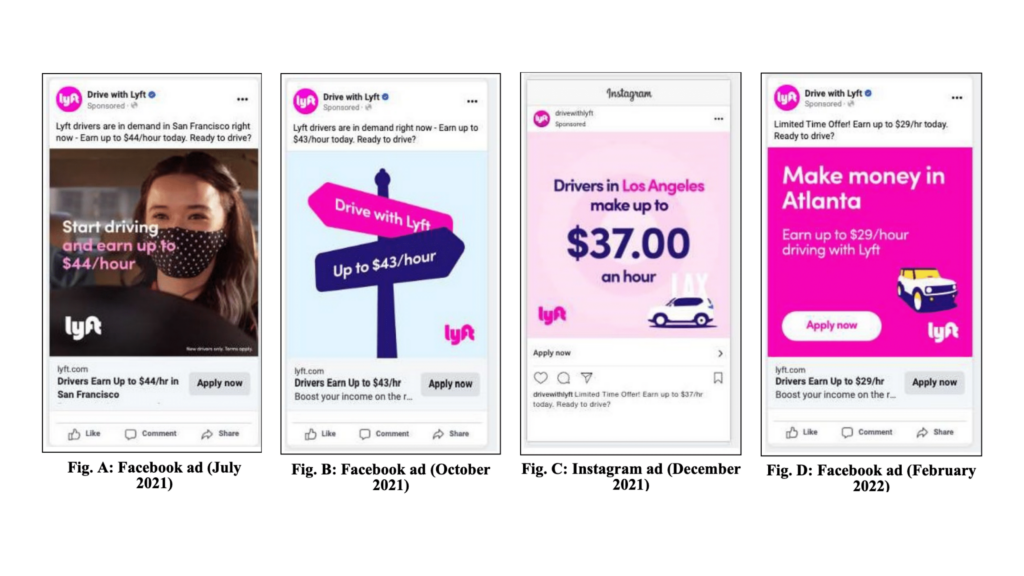
Lyft has agreed to revise its earnings claims and improve transparency regarding driver pay after settling a lawsuit with the Federal Trade Commission (FTC) and the U.S. Justice Department.
The lawsuit, filed by the FTC, accused Lyft of overstating driver earnings through misleading advertisements, which claimed drivers could earn up to $43 an hour in certain locations—figures based only on top-performing drivers’ pay.
Drivers Misled on Guaranteed Earnings
In ads from 2021 and 2022, Lyft promoted high hourly rates and pay guarantees that allegedly failed to disclose critical details. According to the FTC, Lyft’s ads didn’t represent the average driver’s earnings and inflated potential income by up to 30%. The company also included passengers’ tips in its advertised rates, further skewing the portrayal of take-home pay.

The FTC found that the pay guarantee claims misled drivers into believing they would receive the guaranteed amount as a bonus for completing a set number of rides within a specific period. Instead, drivers were only entitled to the difference between their actual earnings and Lyft’s promised minimum if they didn’t meet the earnings target independently.
Lyft is now required to update its advertising to reflect realistic, tip-excluded earnings and to clarify its conditional pay guarantee terms. This month, the company introduced a new earnings dashboard showing estimated rates and cumulative earnings, a step toward transparency. Additionally, Lyft will pay a $2.1 million civil penalty as part of the settlement.
FTC Chair Lina M. Khan emphasized the agency’s commitment to protecting workers, stating, “It is illegal to lure workers with misleading claims about how much they will earn on the job.” This action signals the FTC’s ongoing scrutiny of gig economy practices, with the potential for more regulatory interventions ahead. For Lyft and similar platforms, this ruling underscores the need for transparent, honest communication around earnings expectations.
Featured Image courtesy of Austin Distel on Unsplash
Follow us for more tech news updates.
